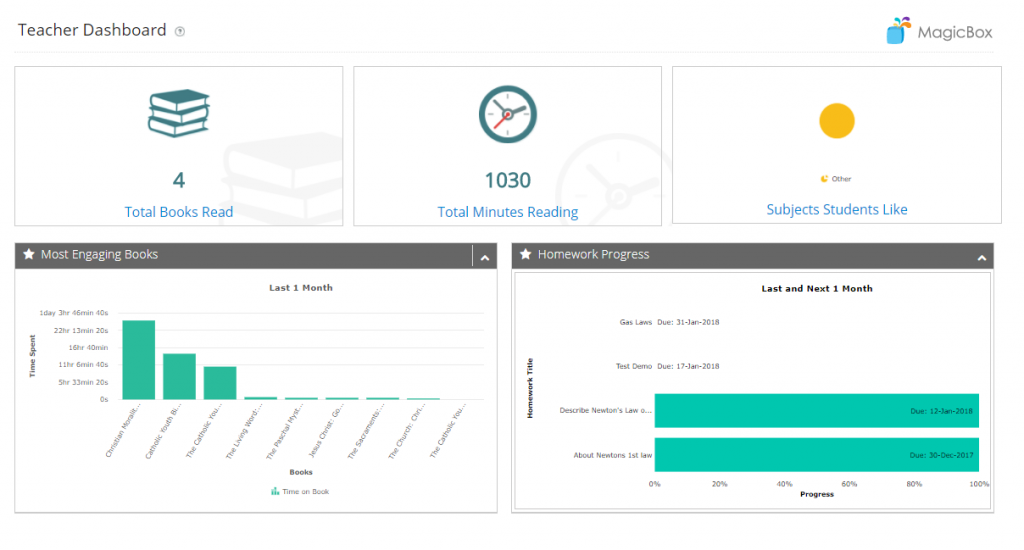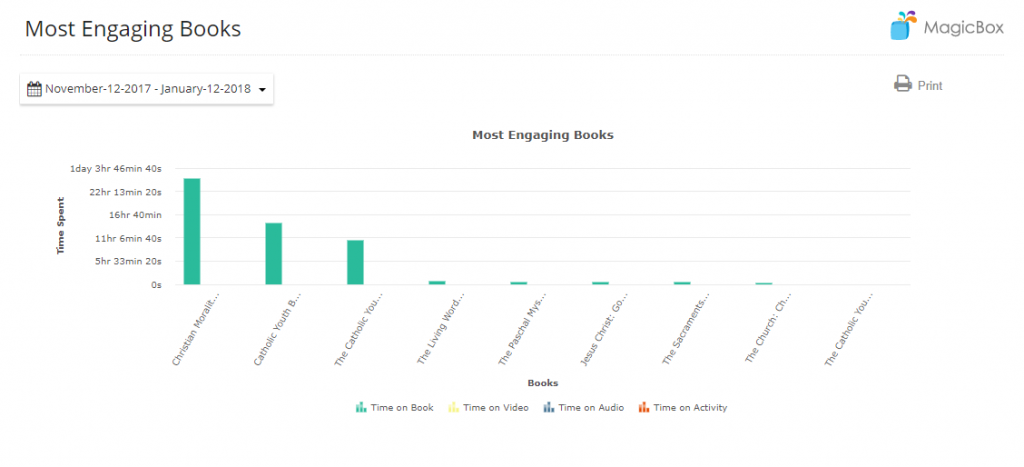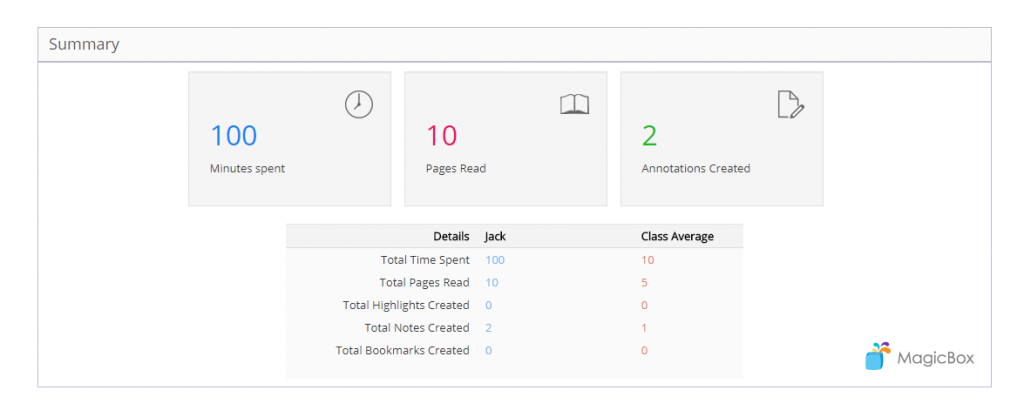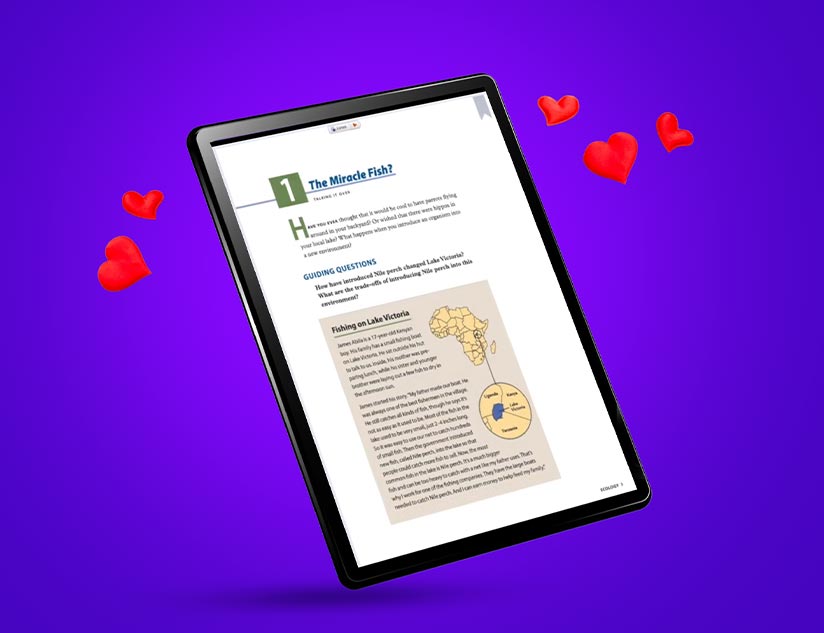K-12 assessments have historically been administered to test students’ knowledge of the prescribed curriculum, tracking their progress over a period of time. However, the nature of assessments are fast evolving to fulfill student & parent expectations of the developing real-world, critical thinking, and reasoning skills, as compared to the theoretical knowledge, traditionally imparted by institutions.
Instead of focusing on assessing just end-session outcomes, digital learning tools look at analyzing learner progression, employing a more qualitative than quantitative approach. Next-generation form of assessments are required to develop assessments that serve as proof of understanding of academic concepts. E-book publishing platforms allow one to create effective assessments that encourage learners to think beyond textbook concepts.
The adoption of e-Books for K-12 education means quicker dissemination of content as well as an effective generation of reports that are essential to track and evaluate student progress.
The importance of reporting
Reporting communicates extensive information about learner achievement and progress at any point in time, allowing educators to keep track and tailor their approach to inclusively foster learning. Reporting can take place in various forms and can be customised for different audiences to suit a variety of purposes. In K-12 education, reporting to students, parents, and teachers are essential for shaping the course of future learning.
Unlike in a classroom setting, where assessments are tedious to administer, grading can be automated and assessments can be more comprehensive and personalized to evaluate different learning curves on a digital publishing platform or a learning management system (LMS). To get a holistic assessment of student progress, reports are indispensable throughout the course duration.
Course reports are instrumental in providing information on various assignments and tests. LMS administrators stand to receive an even greater outlook as they can see reports for the entire system and also generate custom reports. In addition to what educators can see in their course reports, administrators can see reports for different users, groups, tests, surveys, and other items. Reports can also be filtered down to particular courses or individual learners, allowing both an overview and detailed statistics on any parameter.
Types of reports
The several types of reports that help educators and administrators gain access to crucial information on student learning:
- Activity participation & user engagement report: These reports indicate learner participation in different activities, such as virtual sessions, webinars, assessments, etc. Besides offering attendance details of the learners who are taking different online course sessions, these reports also provide insights on the level of learner engagement based on their interaction with the course content (degree & frequency), allowing educators to determine whether the learners are completing online training modules and progressing as per the plan. This facilitates the educators in understanding whether the learners are invested in an e-Learning process or if they lack motivation. This further helps educators monitor individual performance and assess if supplemental online resources & extra efforts are required to improve student comprehension and retention.
- Assessment result report: These reports serve the function of providing the assessments’ results making it easier for educators to understand learner’s performance and identify areas for improvement. Educators can also administer pre-assessments that enable them to a monitor specific skill or knowledge gap by setting a benchmark.
Course progress report: This report offers a quick representation of the modules completed by the learner, performance, course progress, and completion rate among other factors. This assists educator incorporate changes in the style, pace, and design of a course. Additionally, they can also identify trends to explain individual performance issues. - Analytics for parents: These reports facilitate active participation of parents in their child’s education by regularly tracking his/her academic progress. Parameters like daily engagement and assessment scores are evaluated through a dashboard. MagicBoxTM is an ideal platform, which allows parents to regularly access and track their child’s progress and performance. This lets parents be aware and actively participate in their child’s academic activities. MagicBoxTM’s dashboard for parents includes easy access to reports showcasing the child’s engagement with his books, his assessment scores, and his daily logins.
- Individual learner progress report: Progress Report provides information concerning every learner’s completed courses, current courses, and the respective scores of courses in question. Such reports are especially useful in helping educators personalize instruction to suit the needs and styles of different students.

A digital publishing platform is useful in providing a feedback loop to fine-tune online training. The valuable data contained in reports confers on teachers the power to continually improve their strategy and personalize online training initiatives.
Modern e-Book publishing platforms have made it easy not just to impart education but also assess learner progress and training effectiveness, enabling educators to make valid assessments. Therefore, it’s imperative to choose an assessment platform that gives you access to reports and helps draw valuable user learning analytics data.
Contact MagicBoxTM to schedule a free product demo!

















